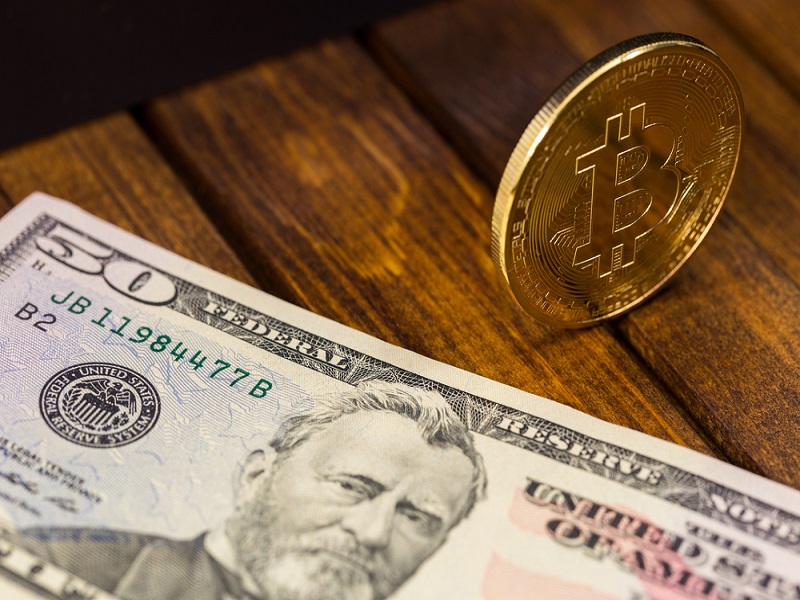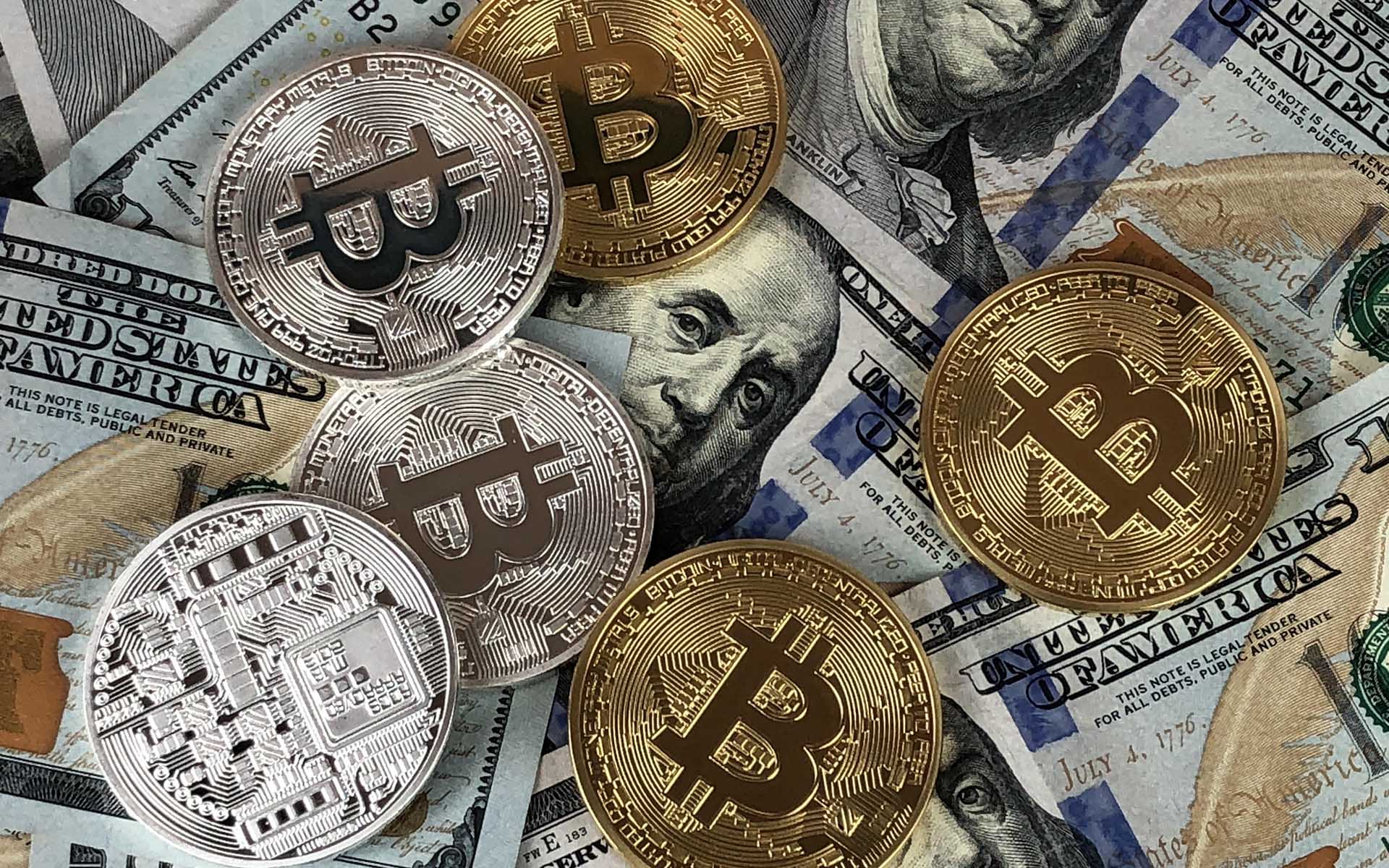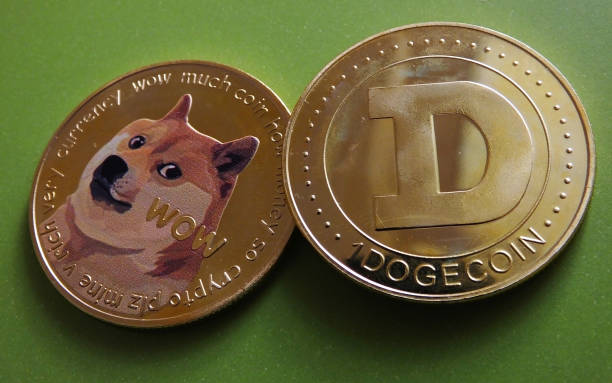Bitcoin was largely created as a means of undermining the control of governments and traditional financial institutions. Now, the dominant cryptocurrency by market capitalization is making it difficult for governments and central banks to manipulate their own fiat currencies.
Losing Their Grip
Bitcoin and other cryptocurrencies have made it easier than ever to move money across borders — and governments the world over aren’t too happy about it.
As noted by The Telegraph, the ability for Bitcoin to circumvent government-imposed economic restrictions “could have significant implications across the world, upending currency wars, hampering efforts to manage crises and challenging traditional ideas of economic development – all of which frequently include restrictions on taking money abroad.”

Nowhere is this fact more immediately evident than in Venezuela’s launch of its own state-issued cryptocurrency, Petro.
US President Donald Trump has issued a prohibition earlier this month that banned American citizens from going anywhere near the South American country’s state-issued virtual currency, while also ordering Treasury Secretary Steven Mnuchin to issue any regulations required to enforce this ban.
However, US-imposed economic sanctions have done little to prevent Venezuelan President Nicolas Maduro’s shameless cryptocurrency cash grab from succeeding. According to data from the struggling country’s Superintendent of Cryptocurrency and Related Activities, 83,000 individuals in 127 countries have bought into Venezuela’s cryptocurrency — raising more than $5 billion in funds.
Market Manipulation
Cryptocurrency-utilized loopholes have also threatened the ability of politicians and central bankers to artificially manipulate exchange rates. Explained the Royal Economic Society’s Gina Pieters to The Telegraph:
Bitcoin can fulfill two functions in international markets: an alternative way to obtain a foreign currency and a way to circumvent capital controls.
Pieters also explained that — should governments fail to enforce control over the cryptocurrency — Bitcoin could effectively begin “eroding a country’s ability to control their own exchange rates.”

In an effort to express sovereign power, the US is considering forcing visa applicants to disclose five years’ worth of their social media information — something previously only required for applicants from terrorism-affected regions.
Such restrictions may set a dangerous precedent, as governments seek to gain more and more access to an individual’s personal and private data. In the future, that may include a five-year history of cryptocurrency transactions.
What do you think of Bitcoin’s ability to circumvent government-imposed economic sanctions? Let us know in the comments below!
Images courtesy of Pexels, Flickr, and Shutterstock.








